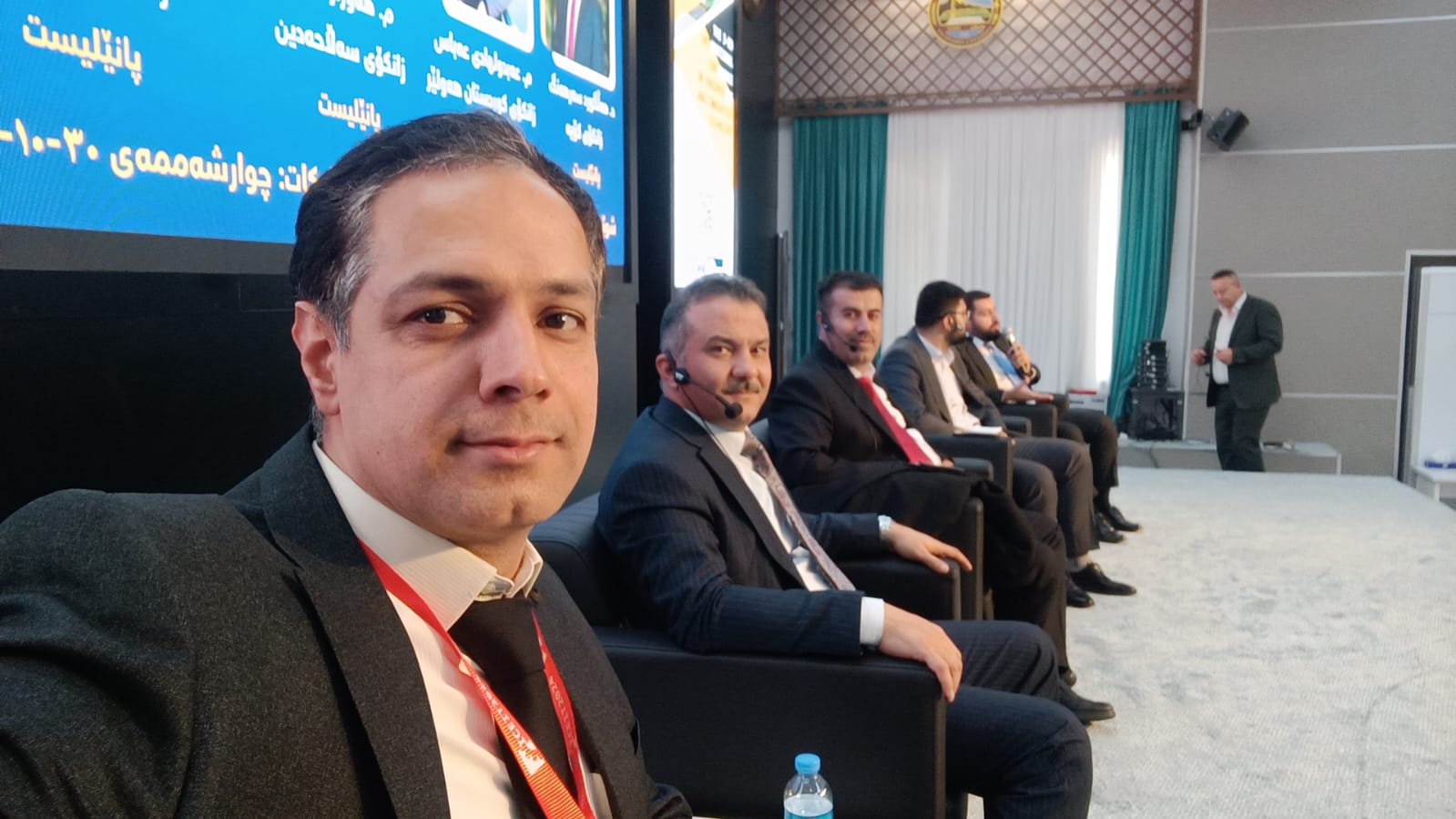Language is the cornerstone of culture, identity, and communication. In our rapidly advancing digital world, ensuring that every language—including Kurdish—has its place in artificial intelligence and machine learning technologies is not just important; it’s essential for cultural preservation and technological equity.
On October 30, 2024, I had the privilege of leading a master class as part of the Engineering College’s International Conference, focusing on one of the most critical challenges facing the Kurdish language today: its integration into the world of artificial intelligence.
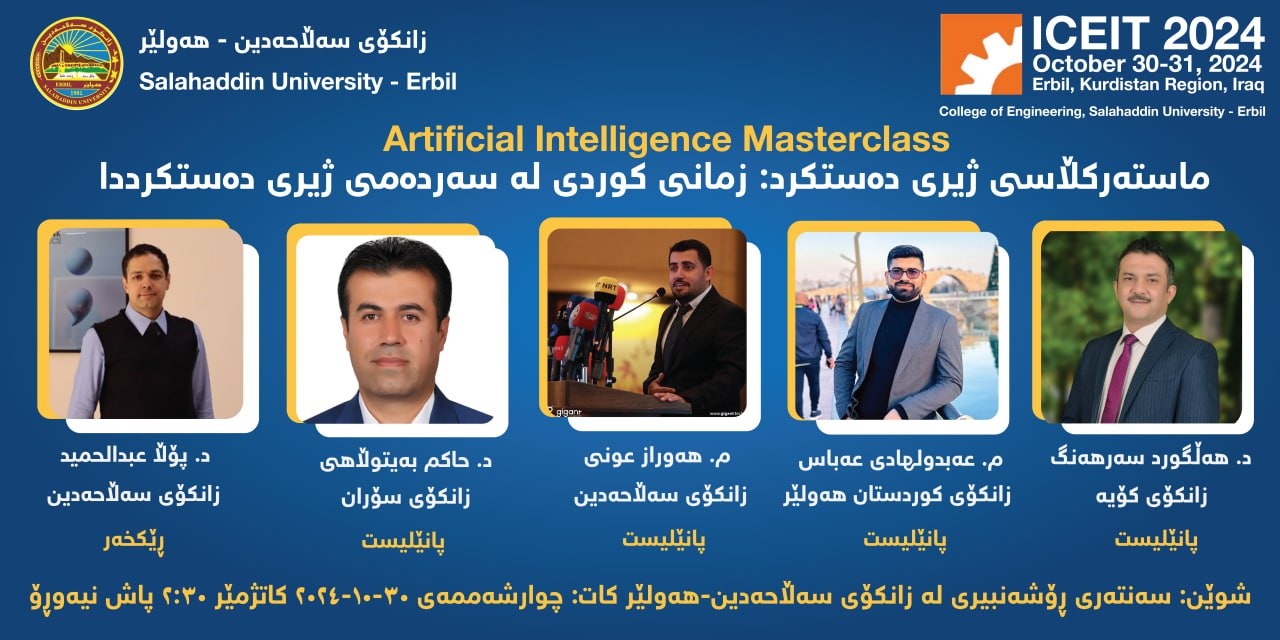
The Challenge: Kurdish Language in the AI Era
As artificial intelligence becomes increasingly prevalent in our daily lives—from voice assistants to translation services, from content generation to automated customer service—languages that lack robust AI support risk being left behind. The Kurdish language, spoken by over 30 million people worldwide, faces this very challenge.
Why This Matters
The absence of Kurdish language support in AI systems creates several critical issues. Kurdish speakers may find themselves excluded from the benefits of AI-powered technologies, creating a significant digital divide. Without digital representation, languages can gradually lose relevance in modern contexts, leading to cultural erosion. Businesses and organizations serving Kurdish-speaking populations cannot leverage AI tools effectively, resulting in economic disadvantages. Additionally, students and researchers working in Kurdish face limitations in accessing AI-powered educational resources, creating educational barriers that hinder academic and professional development.
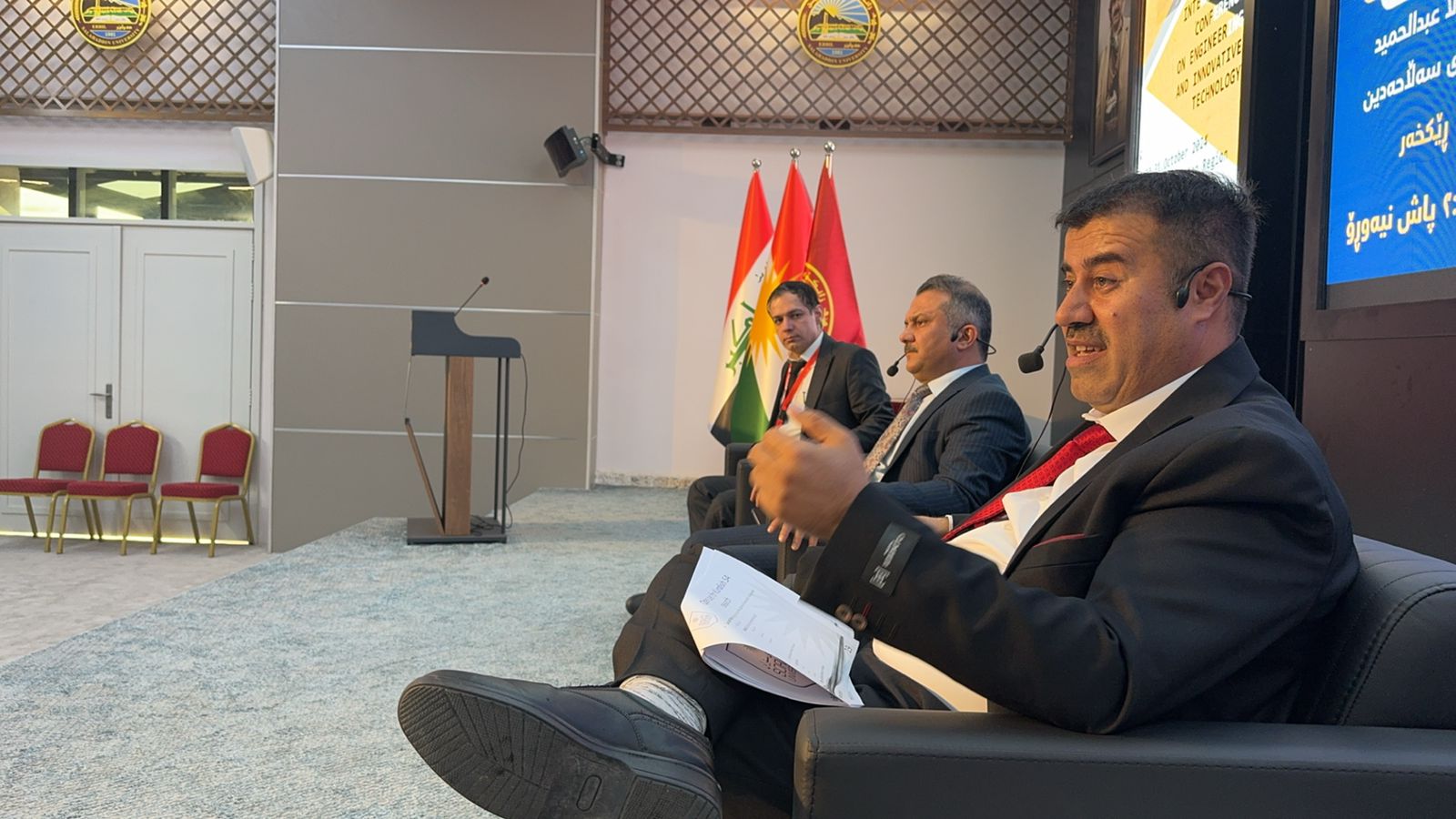
The Solution: Building Kurdish AI from the Ground Up
During our master class, we explored a comprehensive approach to developing AI capabilities for the Kurdish language. The key insight is that we cannot wait for foreign companies to invest in Kurdish language AI—we must take the initiative ourselves.
Core Components of Kurdish AI Development
Quality Dataset Creation forms the foundation of any successful AI model. For Kurdish language AI, this encompasses collecting diverse written materials in Kurdish across different dialects and domains, recording speech samples for voice recognition and synthesis, creating Kurdish-to-other-language translation pairs, and developing properly labeled datasets for specific AI tasks.
Machine Learning Model Development follows naturally from quality datasets. This involves creating natural language processing models for text understanding and generation, developing speech recognition systems to convert Kurdish speech to text, building translation models for seamless communication across languages, and implementing sentiment analysis tools to understand emotional context in Kurdish text.
Community-Driven Innovation represents the most sustainable approach, involving universities and research institutions working together through academic collaboration, making tools and datasets freely available through open source development, engaging Kurdish businesses and organizations through industry partnerships, and securing policy and funding support through government initiatives.
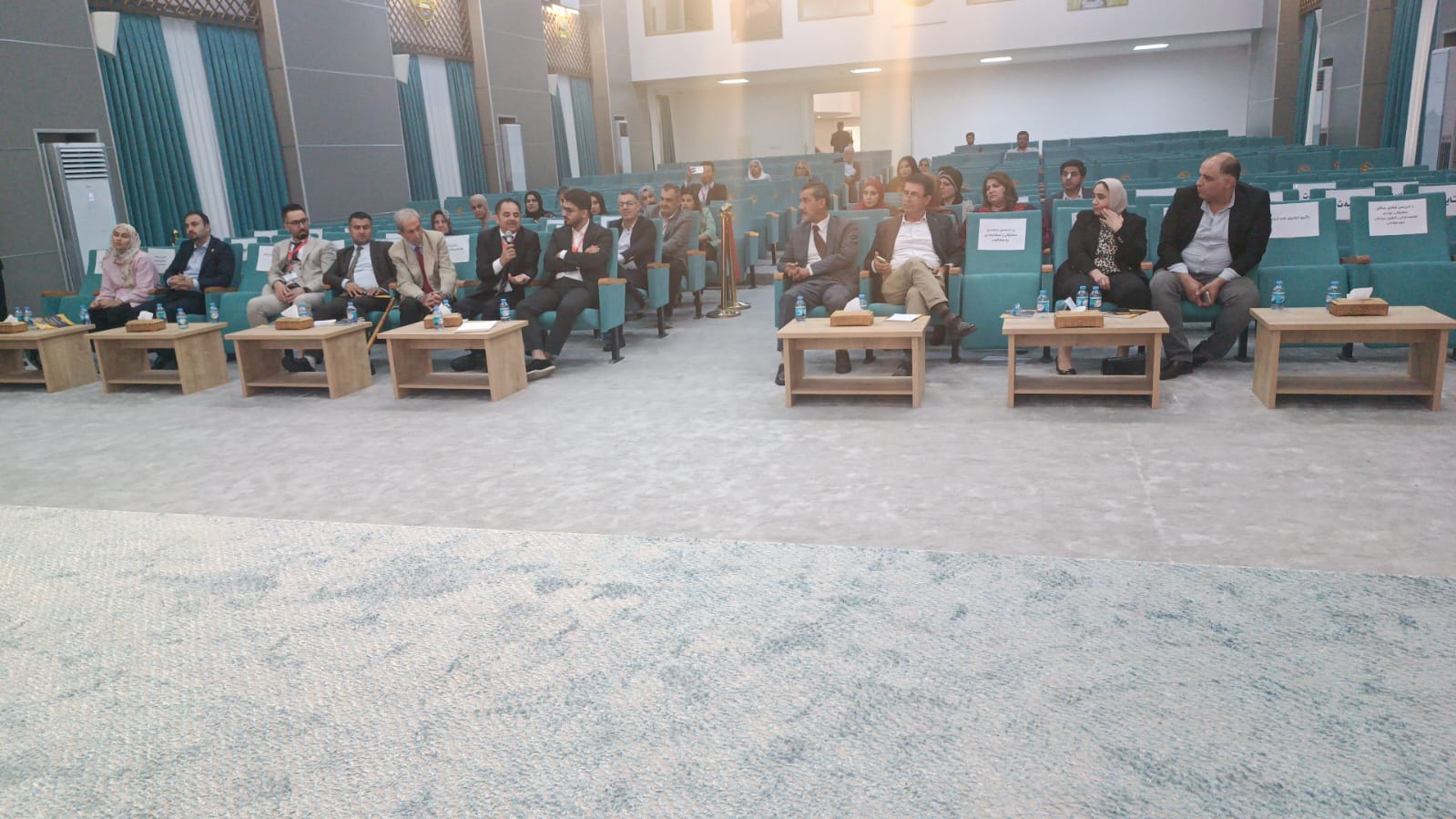
The Path Forward: Strategic Implementation
Foundation Building establishes the groundwork by creating data collection protocols and standards, developing initial Kurdish language corpora, building basic NLP tools and libraries, and fostering a community of Kurdish language technology enthusiasts.
Model Development advances the initiative through training initial machine learning models, developing Kurdish language processing tools, creating proof-of-concept applications, and establishing quality benchmarks and evaluation metrics.
Application and Scaling represents the culmination phase, deploying Kurdish AI tools in real-world applications, expanding dataset coverage and model capabilities, fostering commercial adoption and innovation, and establishing Kurdistan as a hub for language technology research.
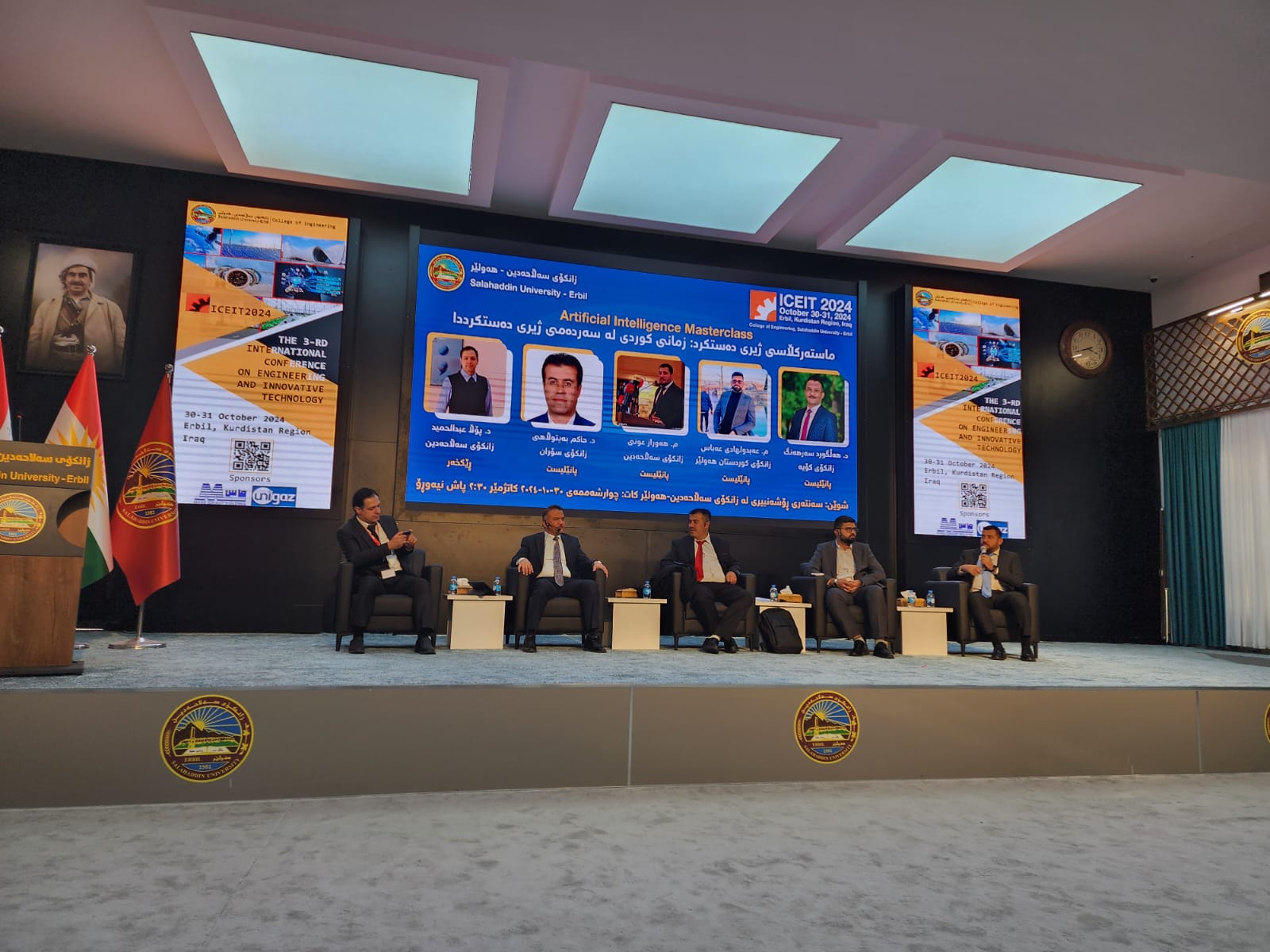
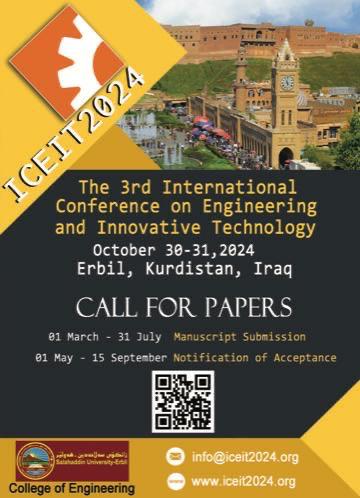
The Importance of Quality Over Quantity
One of the key discussions during our master class centered on the critical importance of dataset quality. It’s not enough to simply collect large amounts of Kurdish text or audio—the data must be accurate and free from errors with proper transcription, representative by covering different dialects, domains, and use cases, diverse through including various speakers, writing styles, and contexts, and ethically sourced while respecting privacy and intellectual property rights.
Building for the Future
The development of Kurdish language AI is not just a technological endeavor—it’s a cultural imperative. By creating robust AI capabilities for Kurdish, we preserve heritage by ensuring Kurdish language and culture remain vibrant in the digital age, empower communities by giving Kurdish speakers access to cutting-edge technology, foster innovation by creating opportunities for Kurdish entrepreneurs and developers, and build bridges by facilitating communication and understanding across linguistic boundaries.
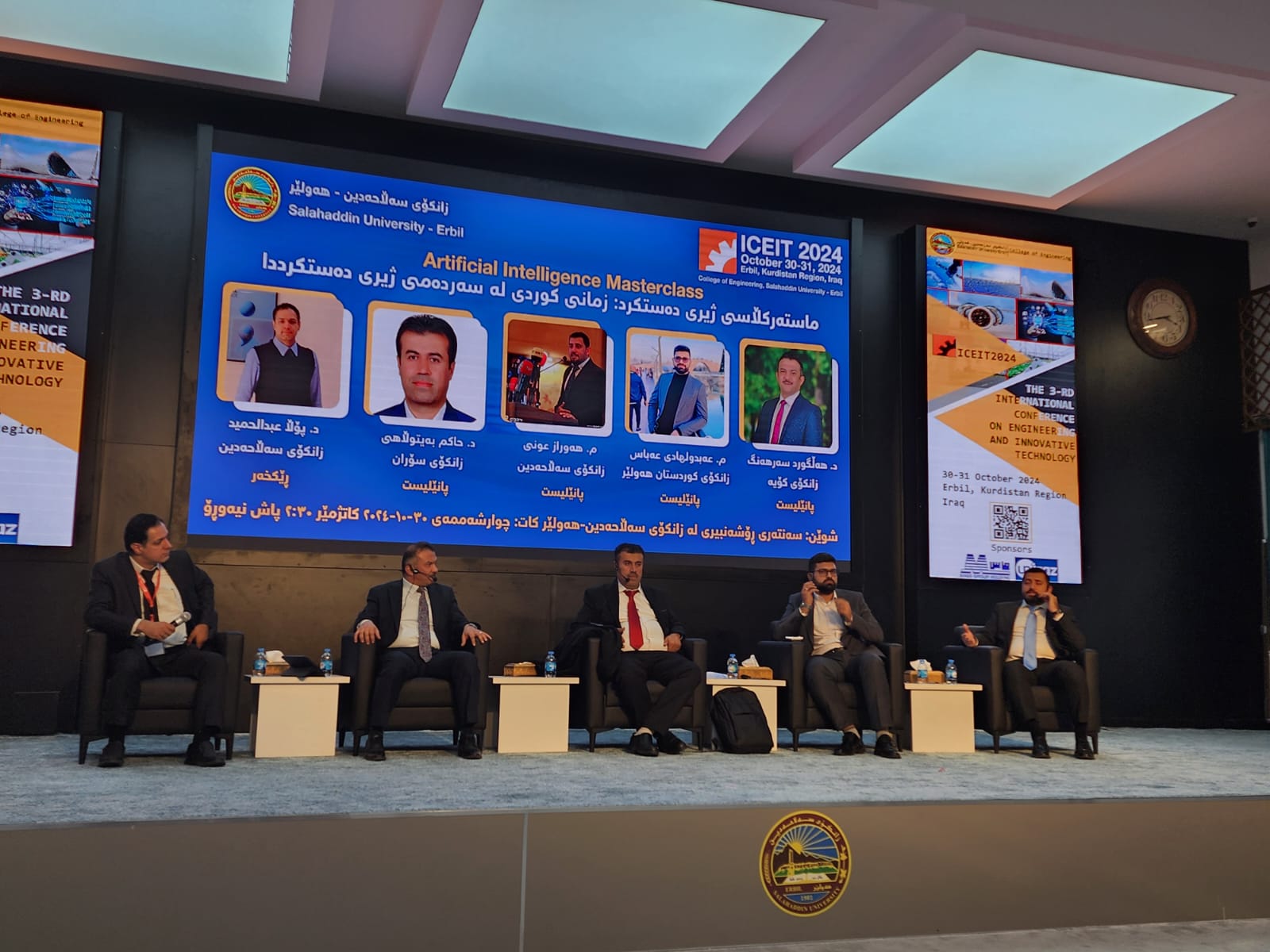
Call to Action
The journey toward comprehensive Kurdish language AI support requires collective effort. Whether you’re a researcher, developer, linguist, or simply someone who cares about Kurdish culture, there are meaningful ways to contribute. You can help build Kurdish language datasets by contributing data, create applications and libraries for Kurdish language processing by developing tools, advocate for Kurdish language technology initiatives by spreading awareness, and join research projects and open-source communities through active collaboration.
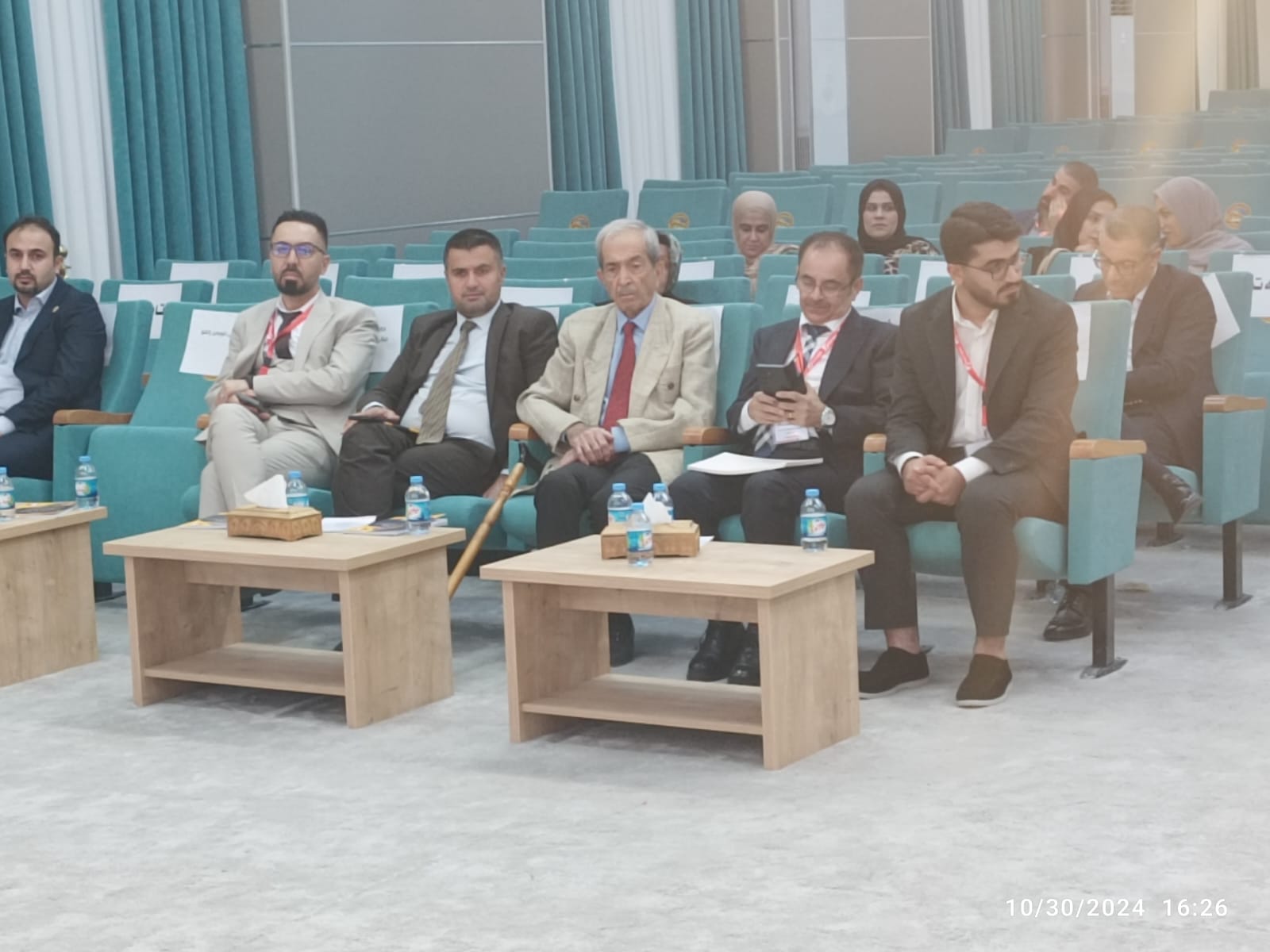
Conclusion
The master class reinforced a fundamental truth: the future of the Kurdish language in the digital world is in our hands. We cannot afford to wait for others to solve our challenges—we must innovate, collaborate, and build the solutions ourselves.
By focusing on quality dataset creation and community-driven development, we can ensure that Kurdish language speakers are not left behind in the AI revolution. Instead, they can be active participants and beneficiaries of the technological advances that are reshaping our world.
The time for action is now. The tools and knowledge exist. What we need is the collective will to make Kurdish language AI a reality.
Together, we can build a future where every Kurdish speaker has access to the full power of artificial intelligence in their native language.
